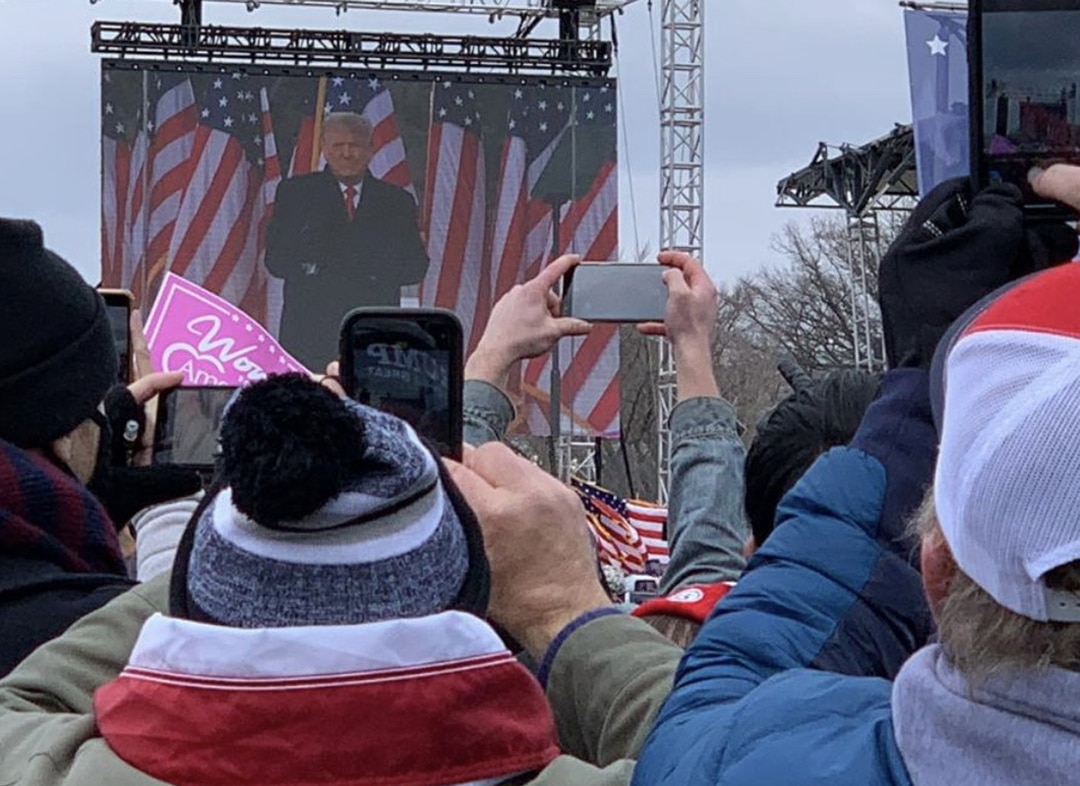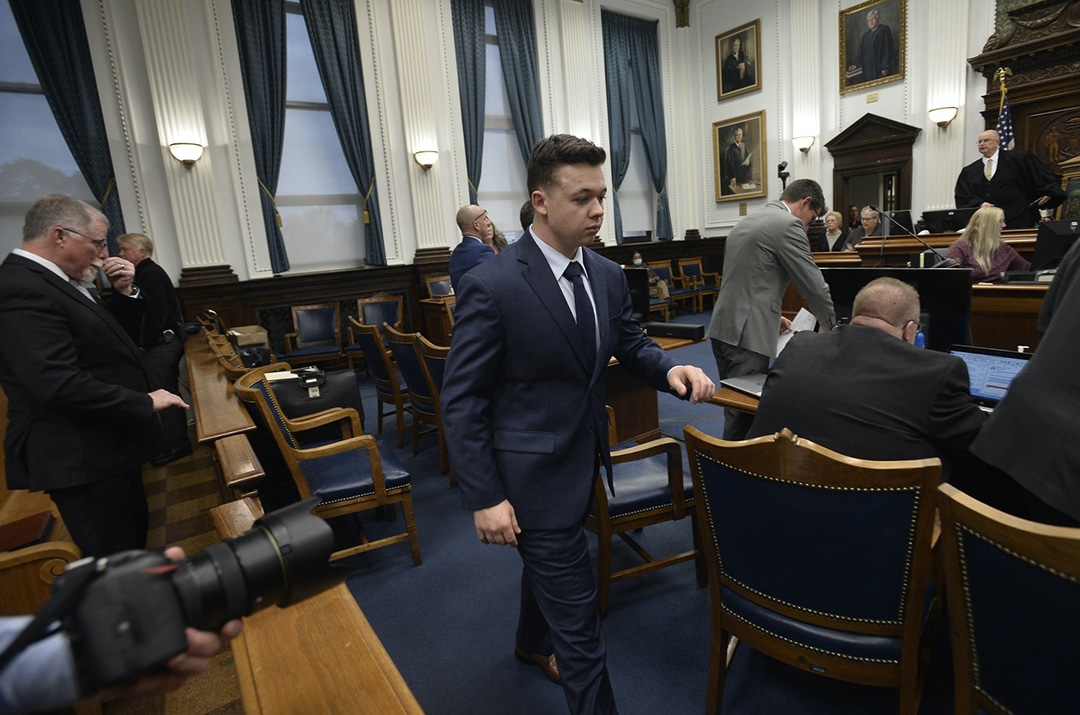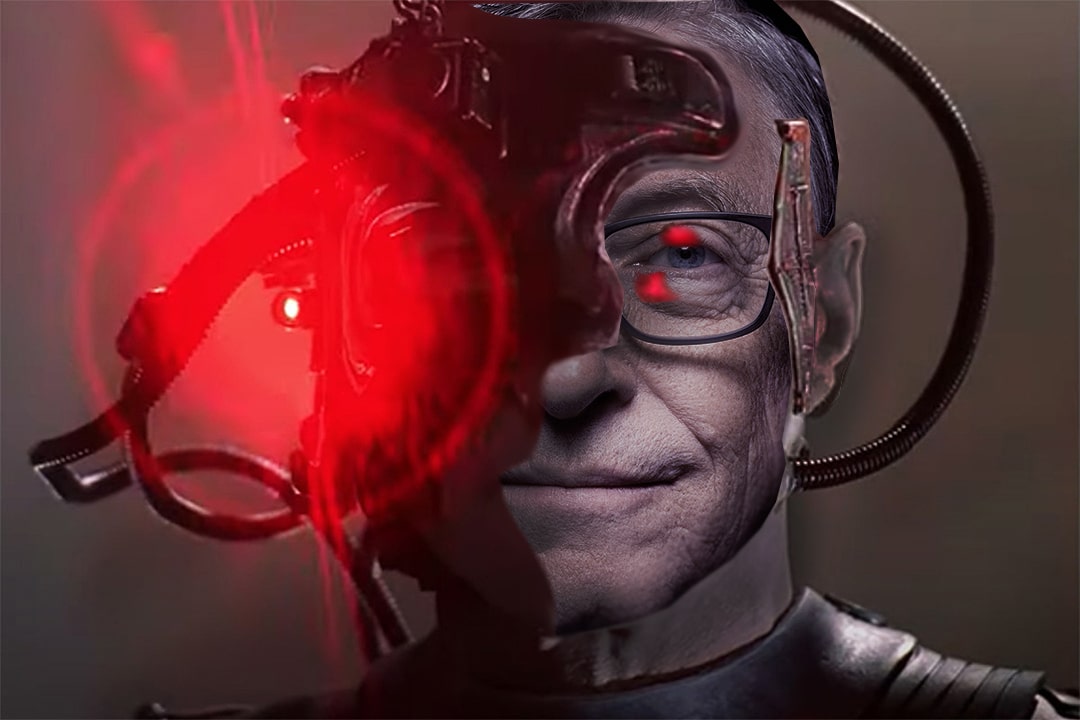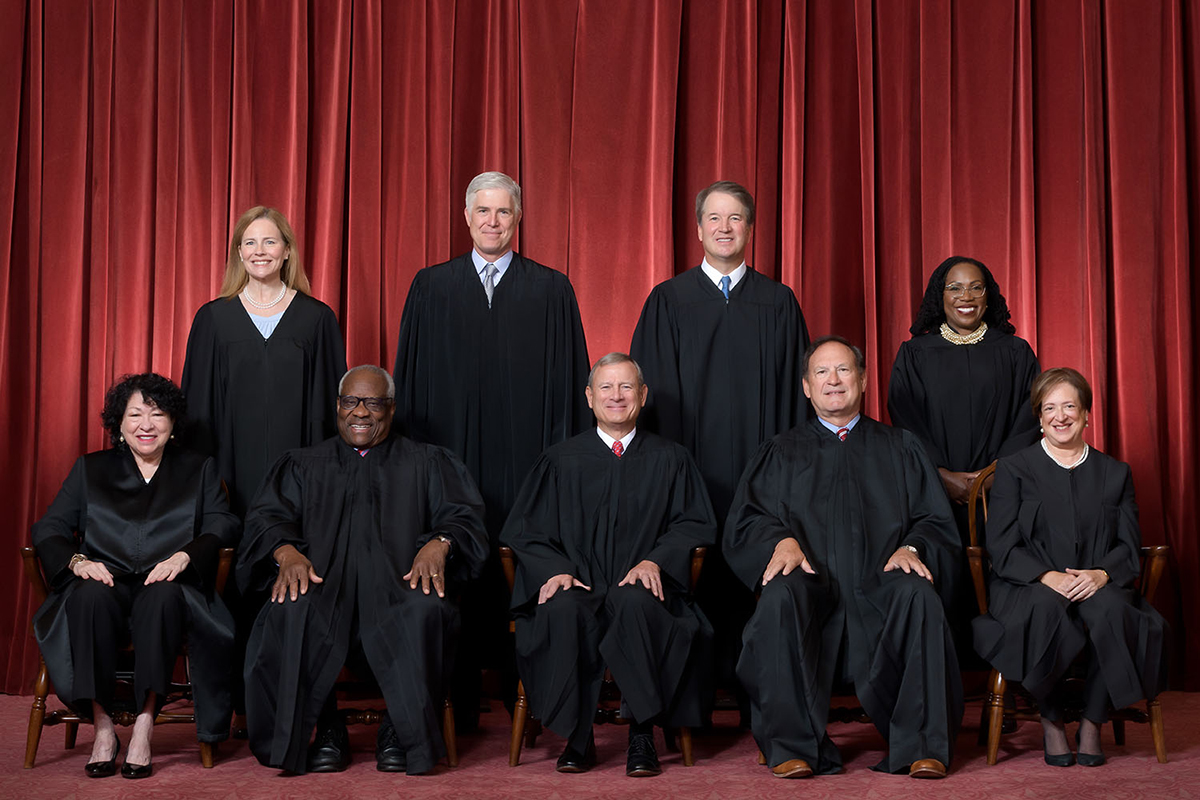

Insurrection-Lite: The Supreme Court Downsizes the “Insurrection” to Largely Trespassing
by Jonathan Turley | Jun 30, 2024
Below is my column in the Hill on the Supreme Court decision on Friday in Fischer v. U.S. to reject hundreds of charges in January 6th cases for the obstruction of legal proceedings. For many cases, that will leave relatively minor offenses like trespass or unlawful entry. It is only the latest blow to efforts to portray the riot as a massive conspiracy to overthrow the government. While portrayed by pundits and press in strictly ideological terms, it actually produced an interesting line up with Justice Ketanji Brown Jackson voting with the majority and Justice Amy Coney Barrett voting in dissent. Here is the column:
The Supreme Court’s decision on Friday in Fischer v. U.S. struck down one of the most common charges against January 6 defendants. “Obstruction of an official proceeding” had been used in hundreds of cases, and those convictions are now invalid.
But the biggest impact of the decision may occur elsewhere.
For years, calling January 6 an “insurrection” has been a litmus test for press, pundits and politicians. Members of Congress such as Eric Swalwell (D-Calif.) claimed a conspiracy of “armed and organized insurrectionists.” The claim is legally absurd but politically advantageous.
It now seems like the insurrection increasingly looks more like a legal case of mass trespass and unlawful entry.
I have always believed that criminal charges were warranted for the riot of Jan. 6, 2021. But this week’s decision shows how the Justice Department has wrongly prosecuted hundreds of people for the obstruction crime. It was all part of what Justice Department official Michael Sherwin proudly declared in a television interview, that “our office wanted to ensure that there was shock and awe…it worked because we saw through media posts that people were afraid to come back to D.C. because they’re, like, ‘If we go there, we’re gonna get charged.’ …We wanted to take out those individuals that essentially were thumbing their noses at the public for what they did.”
The Fischer opinion will bring an end to a minority of cases that were based entirely on the charge under 1512(c)(2). The section had been enacted after the Enron scandal in 2001 with the collapse of an energy company accused of corporate fraud. It was designed to allow criminal charges for the destruction of evidence in the form of documents and records.
The Justice Department chose to interpret that provision to broadly include any obstruction of any legal proceeding, and then used it in hundreds of Jan. 6 cases. At least a quarter of the prosecutions included this charge. Most also included other charges, including trespass and unlawful entry. A small number involved serious offenses like violence against officers and an even smaller number involved charges for “seditious conspiracy.”
For most cases, the decision may require resentencing. Others with pending charges will go to trial without an obstruction claim.
One of those is former President Donald Trump. Special Counsel Jack Smith brought four charges in Washington, D.C.: obstruction of an official proceeding, conspiracy to obstruct an official proceeding, conspiracy to defraud the United States and conspiracy against rights. The Fischer ruling means that half of the indictment would be dropped. Smith could be compelled to seek a superseding indictment.
The loss of the obstruction counts seemed to rip the wings off the plane that Smith has been trying to get off the ground before November. It was the obstruction theory that held the indictment together — the notion that Trump was directing his followers to stop the certification from occurring by charging the Congress.
The court rejected this theory and noted that that the “novel interpretation would criminalize a broad swath of prosaic conduct, exposing activists and lobbyists alike to decades in prison.” Smith has been here before. He was unanimously overturned by the Supreme Court in his conviction of Former Virginia Gov. Bob McDonnell. Notably, as with today, the court found his theory to be dangerously “boundless.”
Smith has made a trial before the election his highest priority. Judge Tanya Chutkan has been all-in on that effort with Smith, including accepting his obstruction interpretation. She may allow Smith to go forward on the two remaining counts, but that may depend on what occurs next when the Supreme Court issues its ruling on presidential immunity, including a possible remand to the trial court for further proceedings that could extend beyond the election.
The obstruction charges helped complete the insurrection narrative for many in the press and politics. I have long disagreed with that claim. As shown by polls, most citizens view January 6 as a protest that became a riot, not as an attempt to overthrow the government.
I was contributing to the coverage on January 6. I did not agree with then-President Trump’s claims to challenge the certification, and I criticized his speech while he was still giving it. But that speech was entirely protected, in my view, under the First Amendment. Importantly, it included a call to his supporters to remain peaceful.
The insurrection myth was used previously in court as Democratic secretaries of state sought to bar Trump from ballots under a meritless constitutional claim that was rejected unanimously by the Supreme Court.
Now the remaining charges are largely for trespass and unlawful entry into the Capitol. Yet, the myth will continue as a mantra in the media that this was an attempt to overthrow the government.
The disconnect is not simply with the cases. Biden continues to claim that “democracy is on the ballot,” and many have claimed that this will be our last election if Trump wins. This hyperbolic claim ignores the many safeguards in our constitutional system, the very safeguards that led to the certification of Biden’s victory in 2020.
The greatest problem is that Biden’s line about democracy is not resonating with the public, despite the virtual echo chamber in the media. According to a new poll of swing-state voters from the Washington Post and the Schar School of Policy and Government at George Mason University, over half of respondents view Biden as a threat to democracy and not its savior. Forty-four percent said that Trump would do a better job at protecting democracy compared to just 33 percent who believe Biden would be better for democracy.
Part of the problem is the array of court decisions finding that Biden has repeatedly violated the Constitution, including engaging in racial discrimination and attempting to rule by circumventing Congress.
Biden has also become the most anti-free speech president since John Adams, including the establishment of a massive censorship system described by one court as “Orwellian.” As I discuss in my new book, the Biden administration has brought together an unprecedented alliance of government, corporate and academic interests to target and silence those with opposing views.
These, combined with the weaponization of the legal system and his party’s efforts at ballot cleansing, hardly make Biden look like the defender of democracy to many citizens.
For those who have been found guilty under these unlawful charges, it is a bit late to convert the Justice Department’s “shock and awe” into a mere “aw shucks.” It can also seem just awful for many citizens who see the political rage of Jan. 6 replaced by a type of state rage. As a result, Fischer suggests for many that democracy may be on the ballot, but the threat is not exactly what the press and the pundits have suggested.





0 Comments